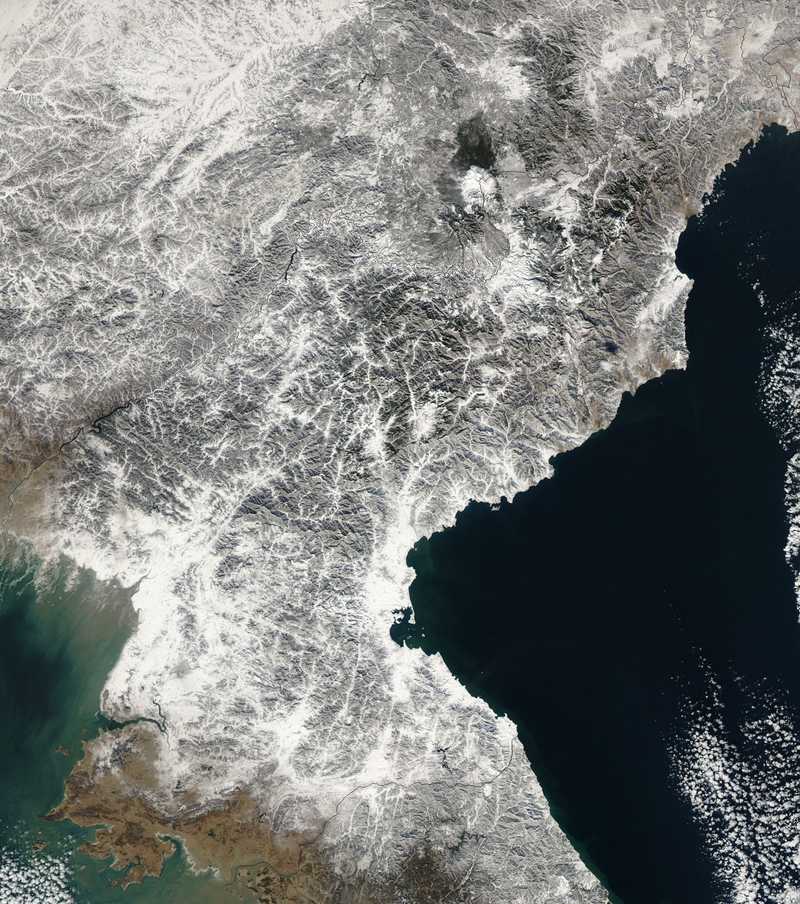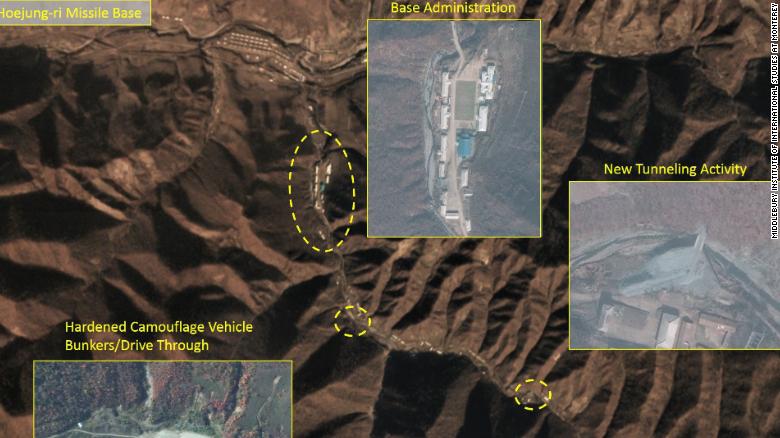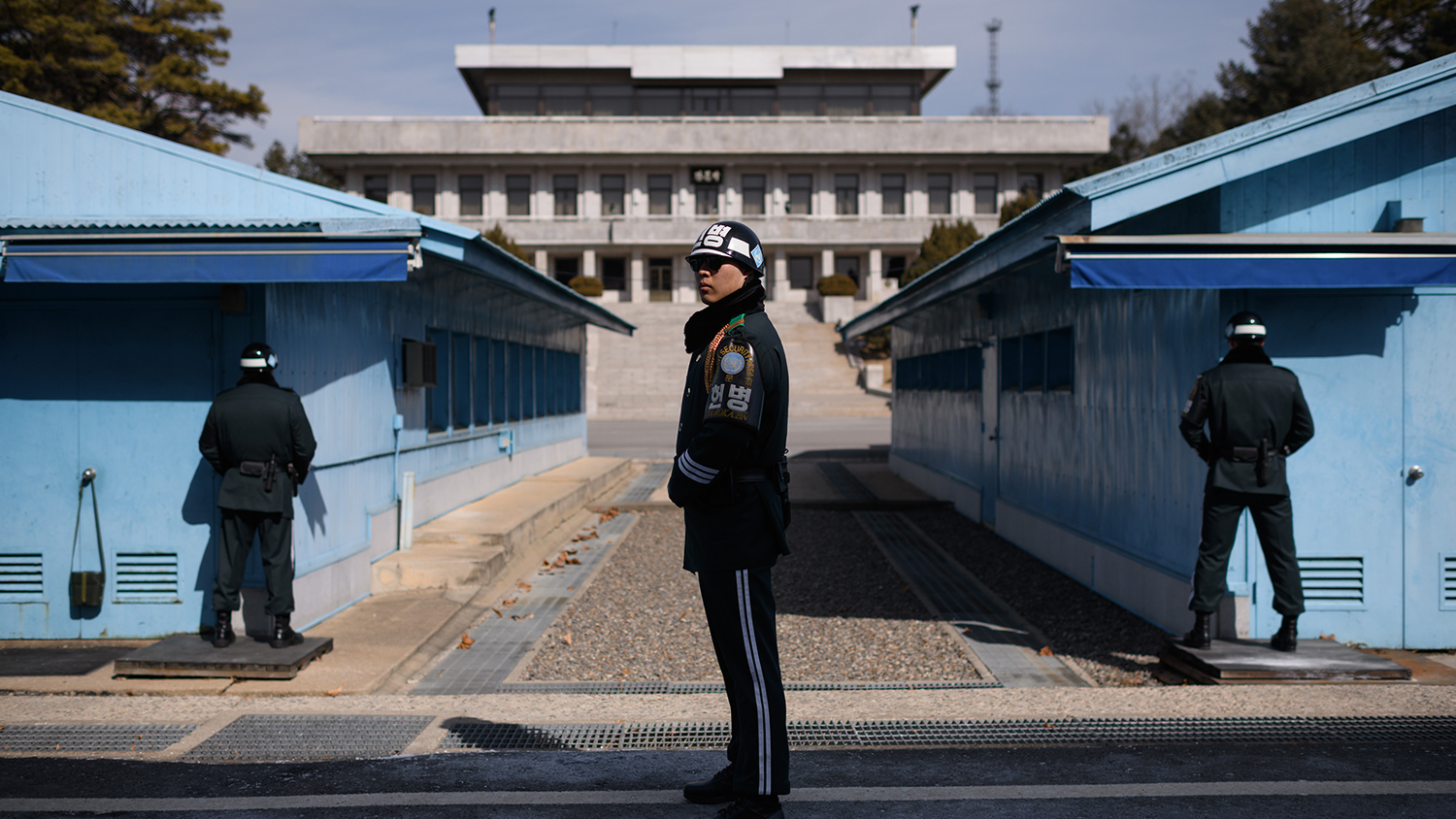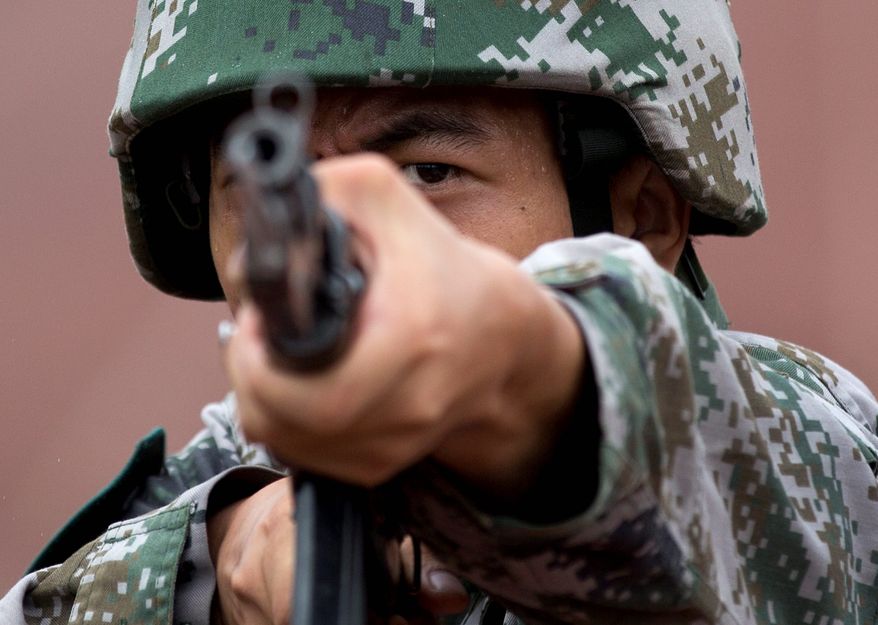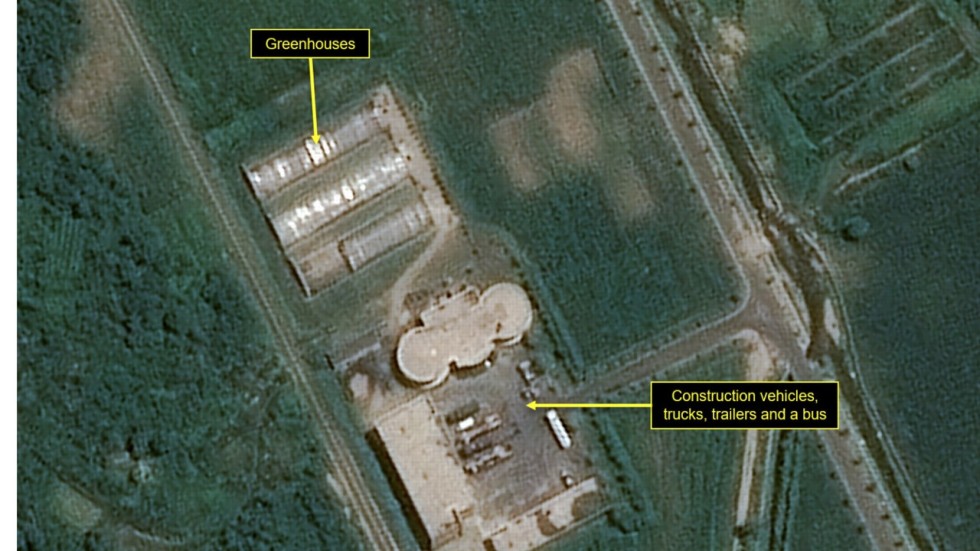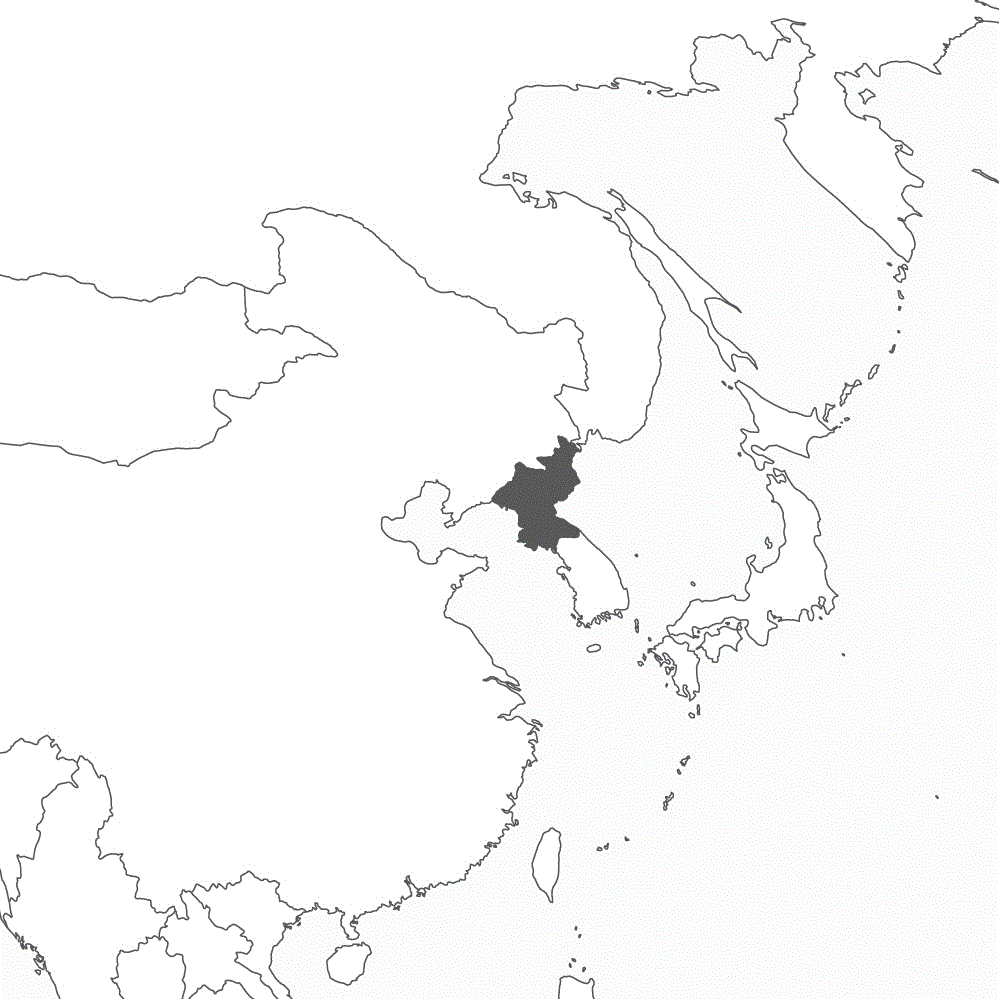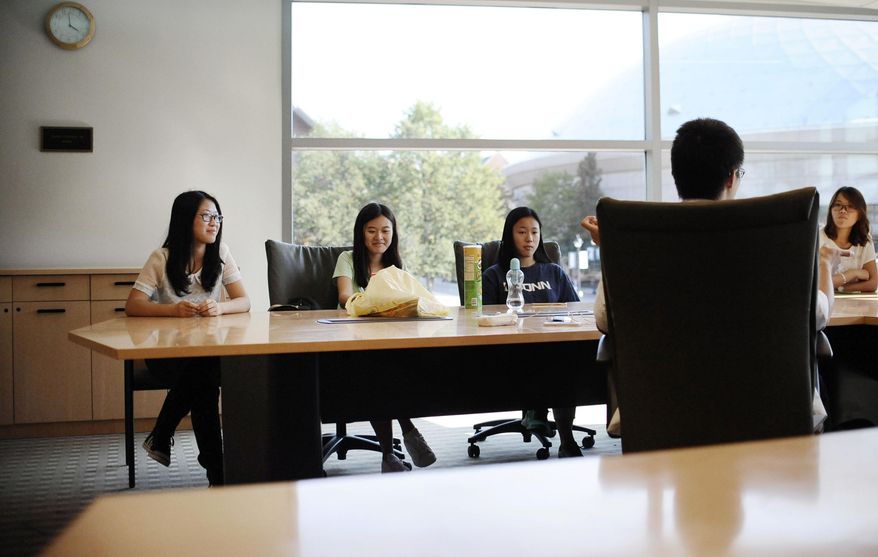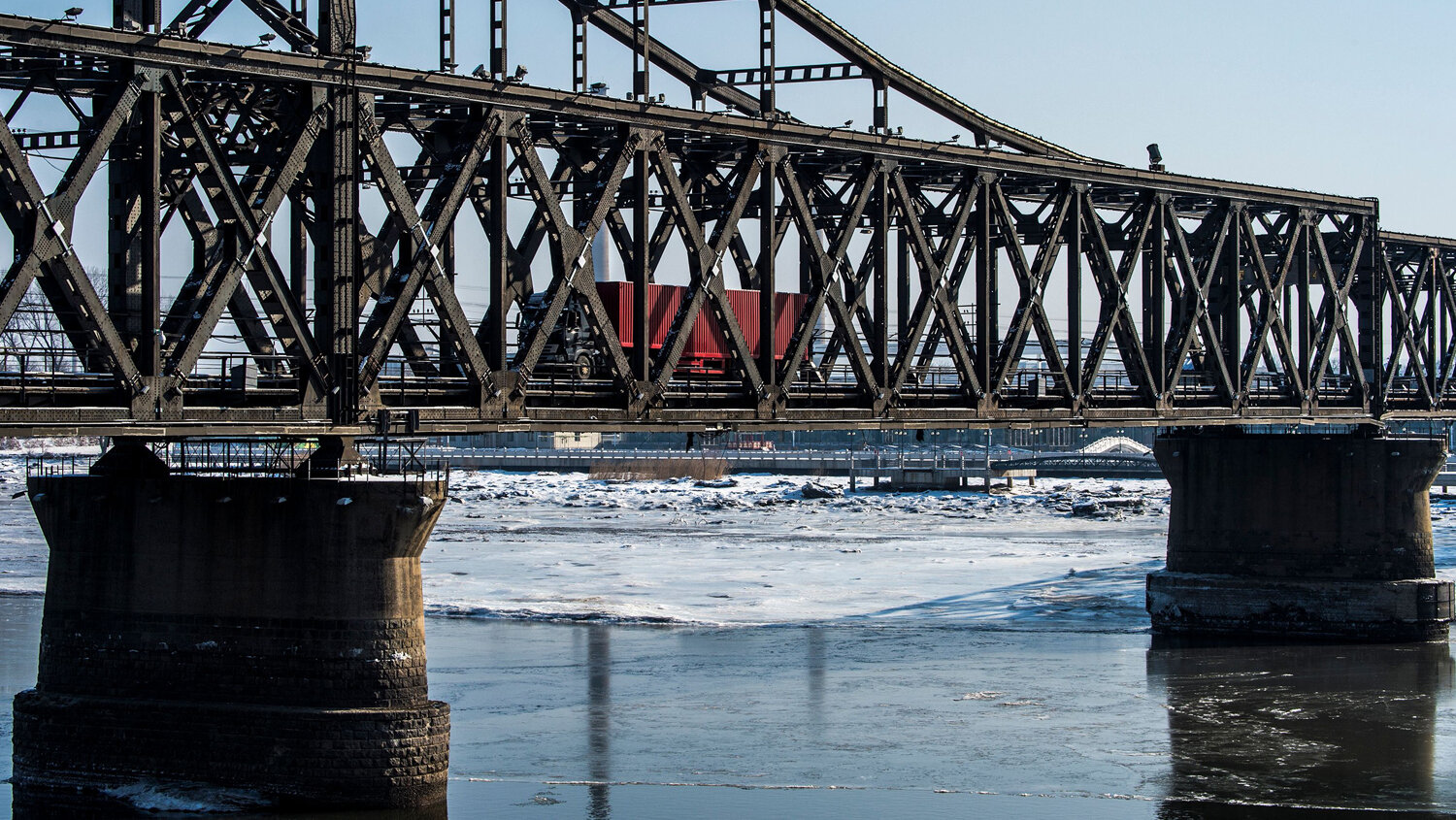North Korea reportedly is rebuilding its Sohae satellite launch facility, widely interpreted as threatening to resume intercontinental missile development — ignoring the greater immediate threat from North Korea’s satellites and electromagnetic pulse (EMP) attack.
Dr. William Graham, EMP Commission Chairman, in “North Korea Nuclear EMP Attack: An Existential Threat,” on Oct. 12, 2017, warned Congress:
“While most analysts are fixated on when in the future North Korea will develop highly reliable intercontinental missiles, guidance systems, and reentry vehicles capable of striking a U.S. city, the threat here and now from EMP is largely ignored. EMP attack does not require an accurate guidance system because the area of effect, having a radius of hundreds or thousands of kilometers, is so large. Continue reading

